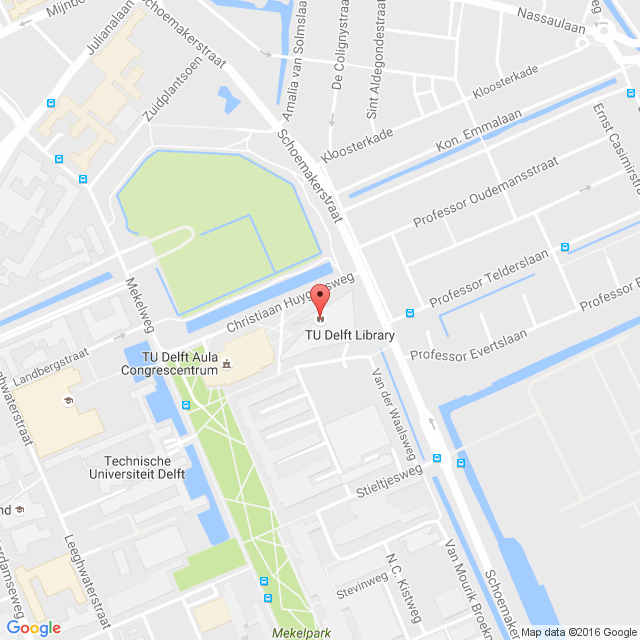Recording: Prometheus’ Problems | Nuclear Energy: No time to waste?
© Image courtesy of Tineke van Veen
Register for free on Eventbrite.
Who bears the responsibility for nuclear waste?
Nuclear energy has long been a source of controversy. Over the course of decades, a number of incidents have led to a highly polarised discussion which evokes strong imagery and emotions. The impact of long-term storage of nuclear waste in particular is a major source of concern, as well as questions concerning safety, proliferation and geopolitical risk.
However, simultaneously recent technological advances and geopolitical events led many others to consider nuclear power the only way forward to ensure a sufficient and reliable source of energy at the current stage of the energy transition. These contrasting perspectives call for an open and informed discussion. Why would we want, or indeed need, to produce nuclear power? Who bears the responsibility for nuclear waste and other potential risks?
It is crucial to reflect on how we can facilitate an informed and open debate about such a potentially divisive topic and make the discussion truly inclusive. Using modern technology and innovative democratic tools we can involve a wider audience not only in the debate but also the monitoring, implementation and potential benefits of this technology. How can we ensure recognition and justice for all who are affected by this technology, now and for future generations?
Behnam Taebi is Full Professor of Energy & Climate Ethics and Scientific Director of the Safety & Security Institute at Delft University of Technology. He further leads TU Delft | The Hague, which is a university wide initiative with the aim to bring engineering knowledge closer to the heart of public policy and politics.
Tineke van Veen is a Dutch artist based in The Hague, whose work bridges the relation of post human landscape and humans, the environmental and cultural perspective. Her research and fieldwork on remote locations as radioactive sites is translated in film, photography, installations and objects. In her art-practice she visualises the concept of safety, safety related to vulnerable situations in a personal and in a broader intercultural context. It reveals the importance of understanding safety in a way that takes into account both vulnerability and resilience.
Romy Dekker (Rathenau Instituut) researches the effects of digitisation and the energy transition on society. She is currently working on societal issues surrounding controversial technologies such as radioactive waste, democratic decision-making, the role of digitisation in the energy transition and the importance of data governance in this process.
Moderator Andrea Gammon is Assistant Professor of Ethics and Philosophy of Technology at TU Delft with an interest in environmental philosophy.
Prometheus’ Problems
At this quarterly event, students, professors and external experts will exchange thoughts about philosophical and ethical themes related to engineering, modern technology and its impact on society. Importantly, the themes are based on questions put forward by students themselves. A discussion in a comfortable setting, with a drink at hand.


